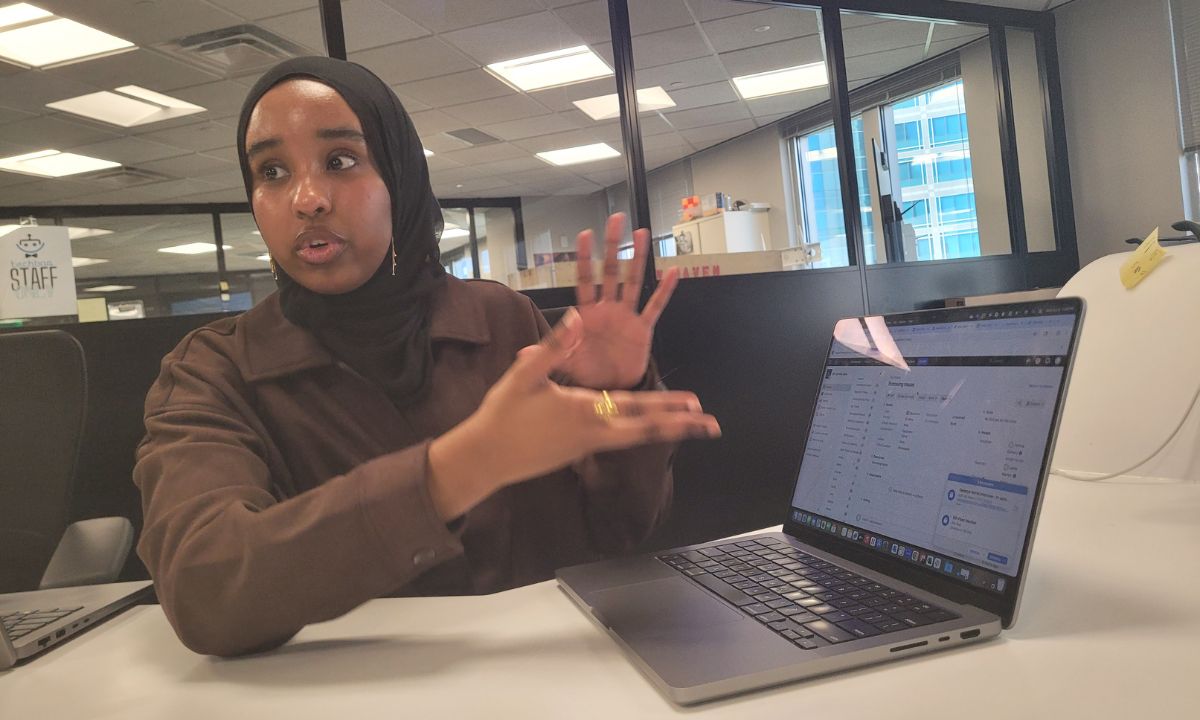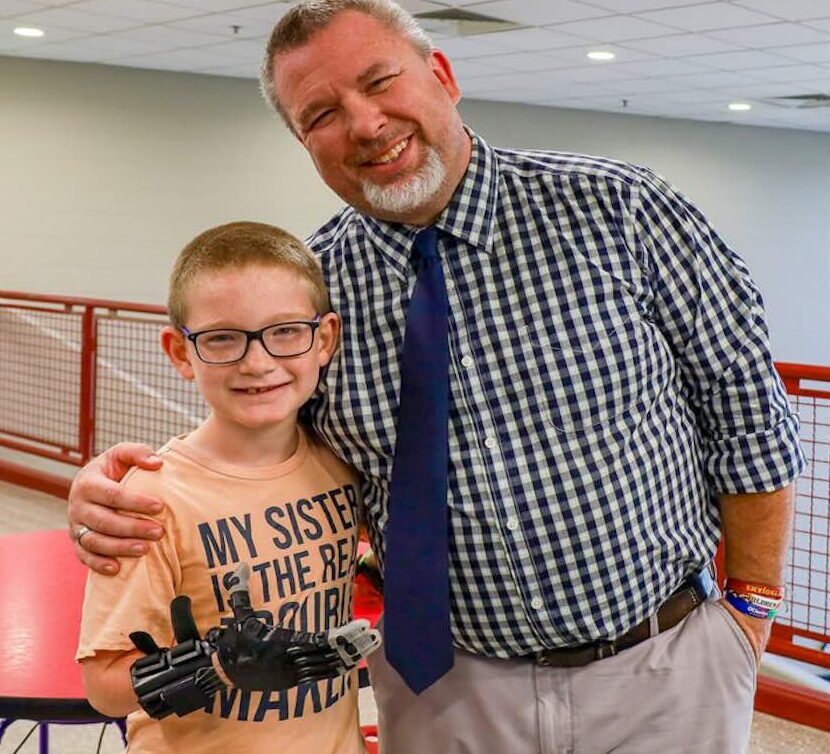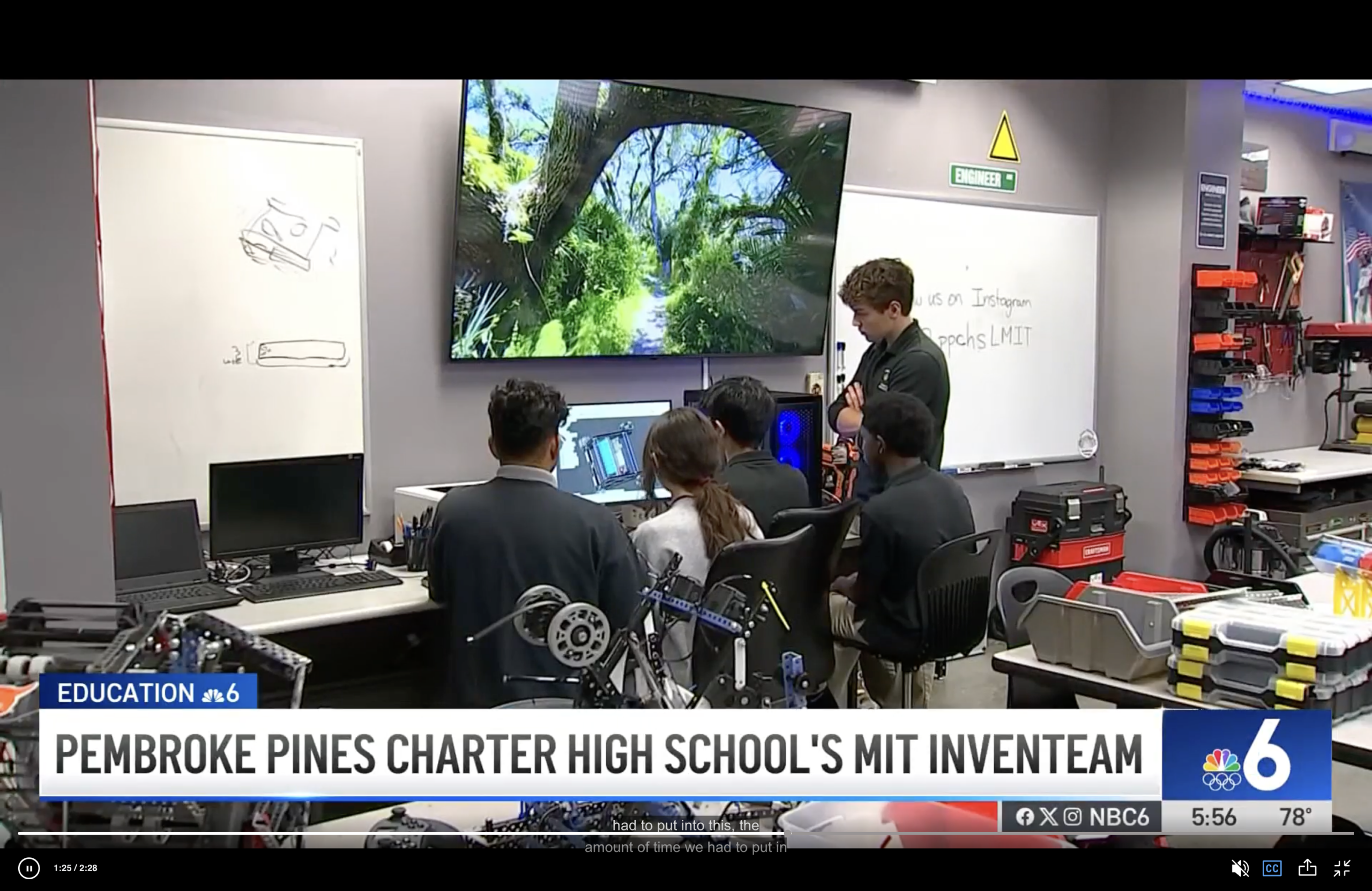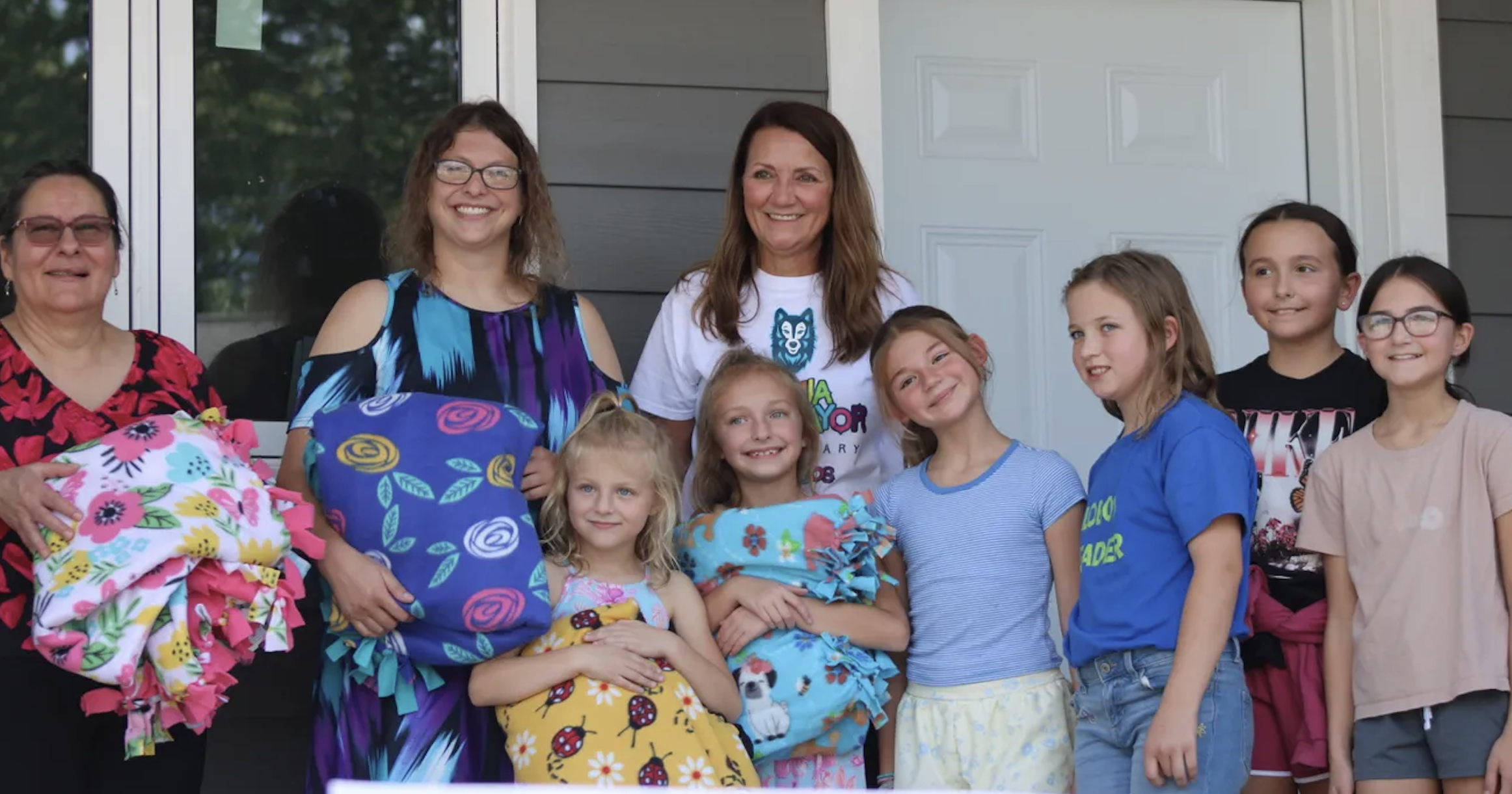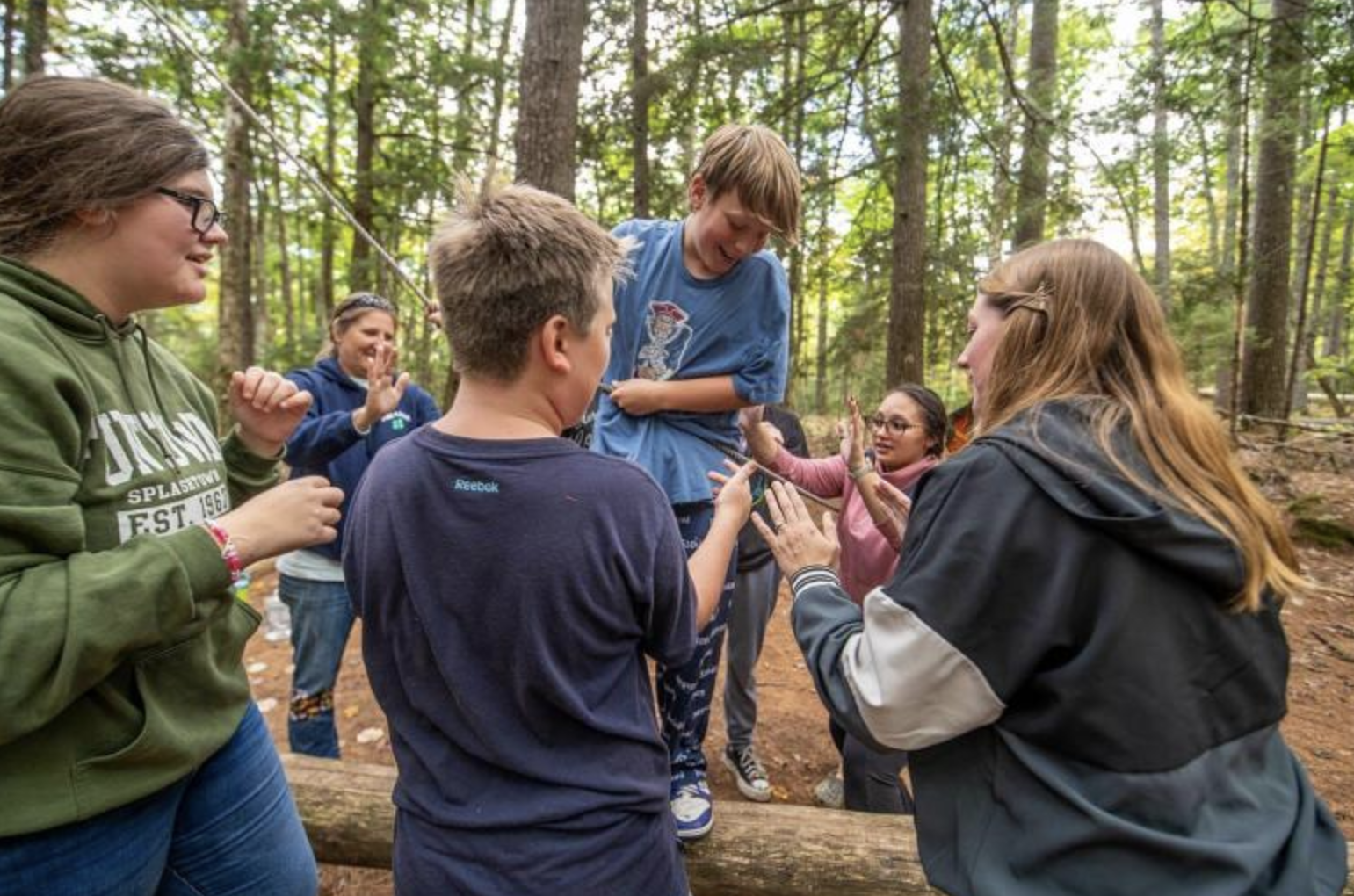Jump to: Top Tasks | From the Field | Key Resources | Moments of Resilience
It is week 256 of our new reality and in the week and a half since the release of the 2024 NAEP, we’ve been digging into all the numbers.
“The NAEP results make clear the failure of American schools to rebound from Covid,” former commissioner of the U.S. Department of Education’s National Center for Education Statistics Mark Schneider writes in an article for Education Next. “And despite the infusion of over $180 billion in federal money to rescue American schools since the pandemic, there is no evidence of a turnaround.”
In the article, Schneider shares an alarming chart on the reading performance of America’s 4th graders: “Rather than seeing any recovery, the share of students below basic is 40 percent, up from 34 percent in pre-pandemic 2019 and 37 percent in 2022. On the other end of the spectrum, the share of students who meet NAEP’s proficiency standards fell from 35 percent in 2019 and 33 percent in 2022 to 30 percent in 2024. There are now more 4th grade students below basic than there are students who are proficient.”
SUBSCRIBE
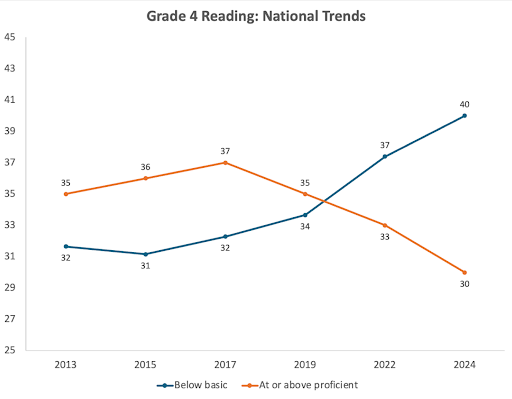
It’s clear that something has to change.
Six days ago we launched Moving the Needle, a policy report the brings together essays on where we need to go next from leading education thinkers with the 51 policy goals that our 10 state campaigns are committing to get done this year. I’m thrilled to share that already two of those goals have been achieved: five new charter schools were approved in Connecticut and a universal ESA passed in Tennessee!
Last time, in a special edition of the New Reality Roundup, we provided a first look at the newly released NAEP results. This week, we look at what polling can tell us about how Americans feel about public education and put a spotlight on the power of the 50CAN network in action, as New Mexico learns from Louisiana’s nation-leading gains in reading.
TOP TASKS
Give Americans the educational change they want
When we launched the Roundup back in the spring of 2020, it felt like everywhere we looked Americans were concerned about what the Covid-19 disruptions would mean for the quality of education children were receiving. Back then, 63% of Americans told Gallup they were dissatisfied with the quality of public education in the US, which at the time was a record high.
In last week’s update to this long-standing poll, that dissatisfaction rating climbed to 73%. If there is one thing we can say for certain, it is that Americans are ready for change in education.
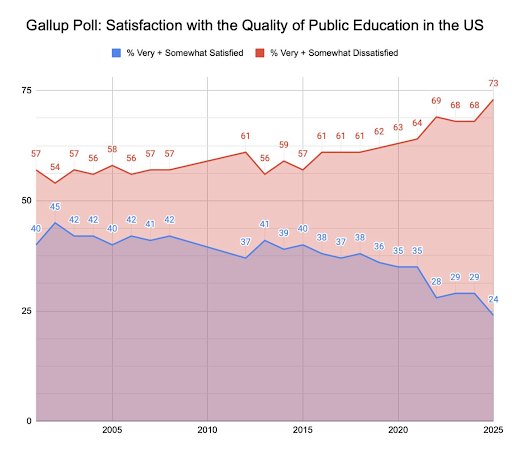
In fact, across 31 different aspects of American life, public education is now ranked third from the bottom. Americans are more dissatisfied with the quality of public education than they are with the amount of taxes they pay, the affordability of health care or the state of the nation’s economy. It is that bad.
This finding builds on a number of survey findings since the pandemic pointing towards the desire for big changes:
- Polling conducted by the Walton Family Foundation in 2021, found that “more than ever, parents – and especially Black parents – want bold change … fifty-eight percent of parents believe American Rescue Plan funds, including nearly $130 billion for education, should be used to reimagine education.”
- Year over year, the EdChoice Schooling in America survey echoes a similar sentiment, with growing support for school choice, and with ESAs being the most popular policy in 2024.
- 50CAN’s The State of Educational Opportunity in America survey released in September 2024 found that only 39% of parents said they were very satisfied with their child’s traditional public school compared to 70% who said they were very satisfied with their parochial school.
- An October 2024 poll from EdChoice and Morning Consult found that education was the second most important issue for K-12 parents in the November elections and the third most important issue for voters overall.
Taken together, the task ahead for education advocates is clear: deliver the change that tso many Americans want.
THE TASK OF THE WEEK IS
Learn from what’s working, state-by-state
 No matter what state you’re in, the latest episode of NewMexicoKidsCAN’s New Mexico Rising podcast is for you and speaks to the key question we have heard from so many people concerned about their NAEP results: how do we do better for our kids?
No matter what state you’re in, the latest episode of NewMexicoKidsCAN’s New Mexico Rising podcast is for you and speaks to the key question we have heard from so many people concerned about their NAEP results: how do we do better for our kids?
“Like a lot of us in education, I was hitting refresh on my browser waiting for the NAEP results and when they landed, I felt deep sadness. Because they’re not numbers, they’re the lives of children I interact with regularly. I’d like to say I was optimistic from the moment I saw them, but those first hours were incredibly frustrating. New Mexico is at the bottom, again,” Amanda Aragon, executive director of NewMexicoKidsCAN reflected. “And to see other states, places like Louisiana and Mississippi that were once our peers at the bottom of the rankings, getting better and better outcomes while we stay stagnant is a call to action for our community and for our elected leaders.”
We are fortunate to have in our network Louisiana Kids Matter, which under the leadership of Kelli Bottger drove forward many of the policy changes that helped power Louisiana to its nation-leading gains in 4th grade reading on the NAEP.
Amanda got to work hatching a plan, recognizing the need for state leaders to believe that dramatic progress is possible in a rapid timeframe if the political will exists. “There are plenty of political, policy, demographic and situational differences between our states,” Amanda told us, “But there wasn’t a single difference that seemed remotely acceptable to me as an excuse for mediocrity. New Mexico can absolutely do what Louisiana did.”
The podcast episode, in which Kelli and Amanda discuss a range of course-correcting policies, from universal tutoring to building an enduring reading revolution to the role of school choice, is just the first step. The pair are already working on an itinerary that would bring Kelli to the Land of Enchantment to meet with the press, legislators and state and district leaders. “Let me be clear: we still have a lot of work to do in Louisiana to give every child the educational opportunities they need to thrive,” Kelli cautioned. “But I’m thrilled other states are interested in seeing what they can learn and we’re committed to sharing everything.”
THE TASK OF THE WEEK IS
FROM THE FIELD
A flurry of executive orders from the White House and the troubling results from the Nation’s Report card has resulted in a busy media week for the team at 50CAN. 50CAN President Derrell Bradford discussed the federal outlook on education with Dana Goldstein at the New York Times, with NBC News, with Capitol Report and with the 74 Million.
NewMexicoKidsCAN’s Amanda Aragon spoke with local podcaster Bob Clark to convey the urgency of the NAEP results to parents. DelawareKidsCAN’s Britney Mumford pointed out troubling inequities in the NAEP data to Delaware Live.
50CAN’s Marc Porter Magee was busy crunching the numbers on NAEP, with Alexander Russo observing: “Virtually all outlets played the news straight and relatively safe … But readers looking for incisive analysis of the results had to turn to non-journalists like 50CAN’s Marc Porter Magee, who created several helpful charts.” Those charts appeared across social media, gaining more than 3 million impressions in the past week as well as powering stories by Joanne Jacobs and 50CAN National Voices fellow Lauren May about the bright spot of Catholic school performance.


GeorgiaCAN held their first Capitol Day in Atlanta, where parent fellows and National Organizing Manager Steven Quinn previewed GeorgiaCAN’s goals for the year and spoke with legislators about choice, charters, special education and parent sentiment on cell phones. “This is the first of many,” Steven told us, “But the first one each year is always energetic, with legislators and parents highly engaged.”
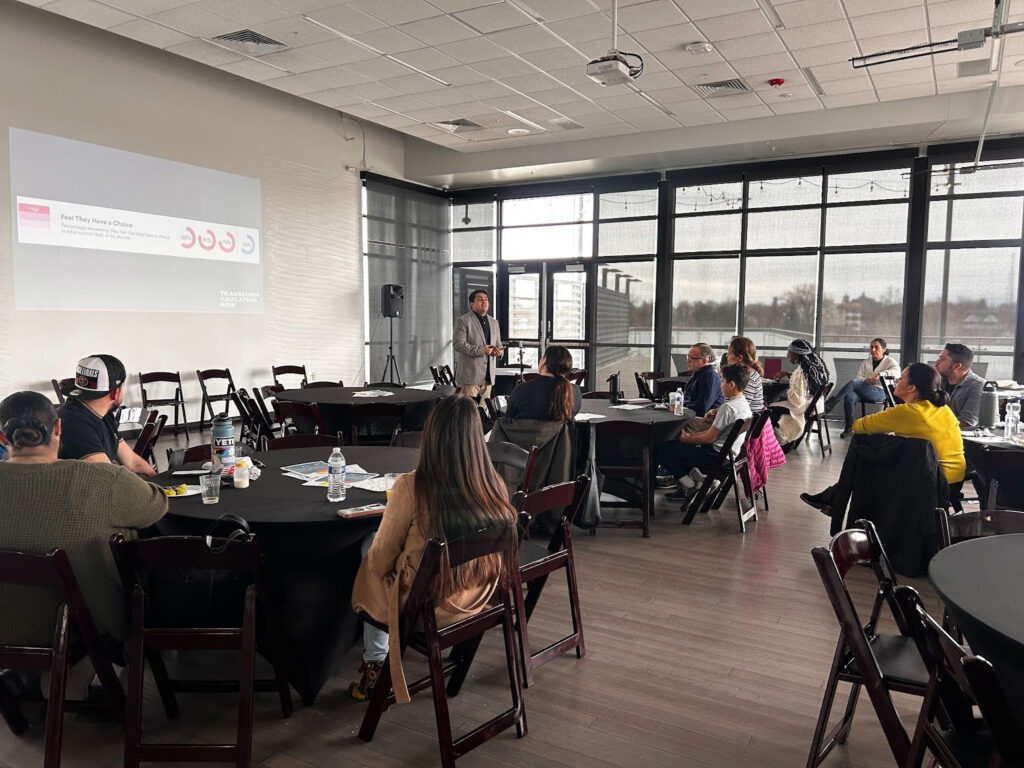
Transform Education Now brought together parents, community leaders and elected officials in Denver for “Breakfast and Beyond: Rethinking Colorado Education.” Executive Director Nicholas Hernández walked stakeholders through Colorado’s results on the State of Educational Opportunity and focus on the next steps forward in the state.
Key Resources
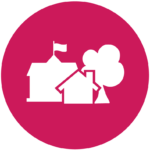 Fordham discusses new research on homeschooling trends, finding that homeschooling increased by 39% in the first year of the pandemic.
Fordham discusses new research on homeschooling trends, finding that homeschooling increased by 39% in the first year of the pandemic.
 Brookings proposes a new process for analyzing the rigor and course difficulty of transcripts, finding that grades alone aren’t enough to effectively communicate a student’s preparation.
Brookings proposes a new process for analyzing the rigor and course difficulty of transcripts, finding that grades alone aren’t enough to effectively communicate a student’s preparation.
 Nat Malkus, writing for AEI, pressure tests potential theories for falling achievement scores, noting core areas that need to be explored further, including a growing achievement gap.
Nat Malkus, writing for AEI, pressure tests potential theories for falling achievement scores, noting core areas that need to be explored further, including a growing achievement gap.
 New America’s new community data dashboard allows users to compare district-level education data with data from other sectors, including housing, health and federal assistance program eligibility.
New America’s new community data dashboard allows users to compare district-level education data with data from other sectors, including housing, health and federal assistance program eligibility.
 Students in North Carolina enrolled in early college high-school programs had higher levels of educational attainment with “larger net benefits for first generation and economically disadvantaged students,” according to a new study from EdWorkingPapers.
Students in North Carolina enrolled in early college high-school programs had higher levels of educational attainment with “larger net benefits for first generation and economically disadvantaged students,” according to a new study from EdWorkingPapers.
Moment of Resilience
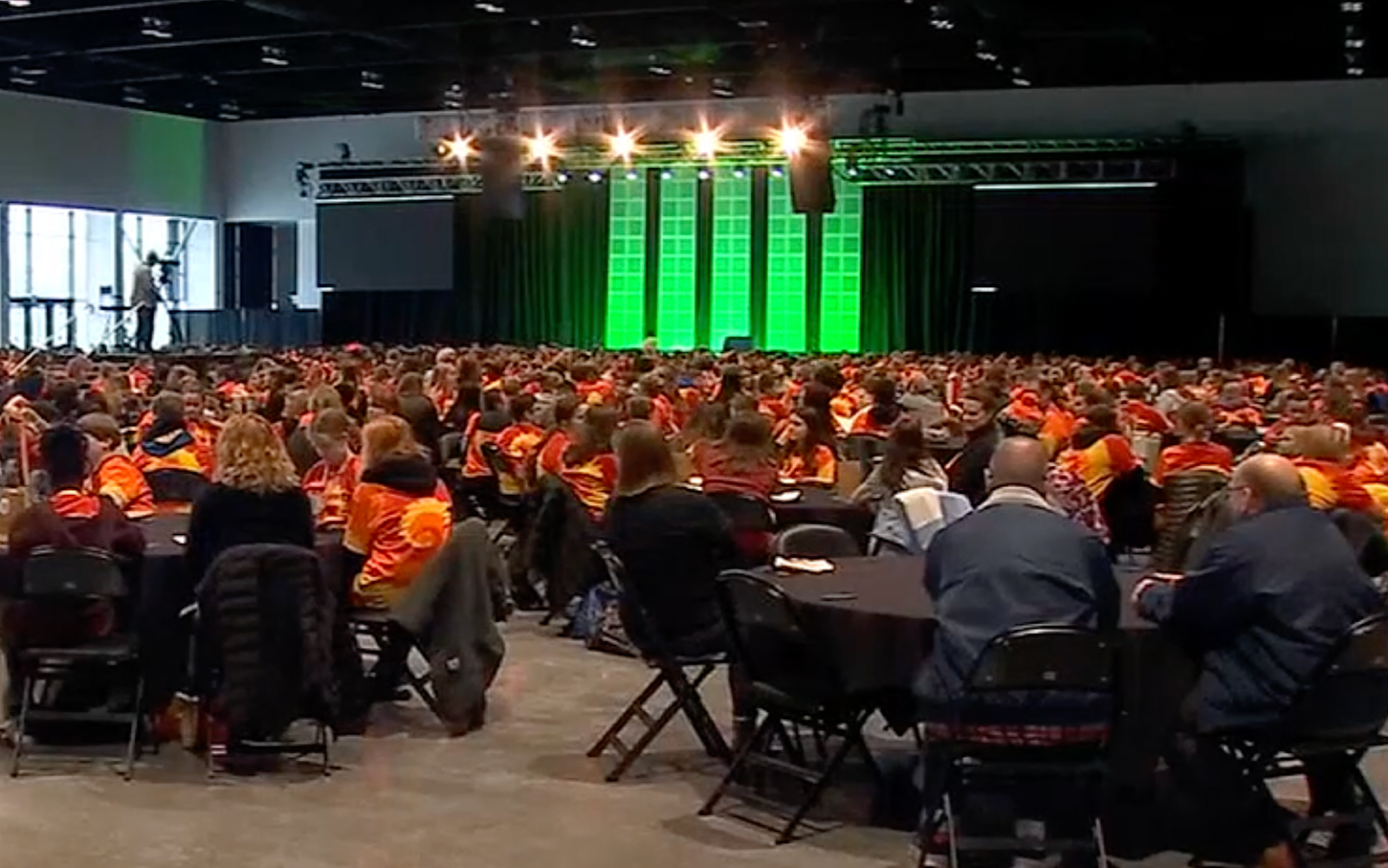
All eyes were on New Orleans yesterday for Super Bowl LIX, but a thousand miles away in Wisconsin, Milwaukee, middle-school students were having a very different kind of football experience. Selected students were invited to participate in Empower, a leadership-development event where students learned leadership lessons from Packers’ coaches, players and staff. It’s a reminder that sports have an important role to play as we build an education system more connected to community and student interests.



